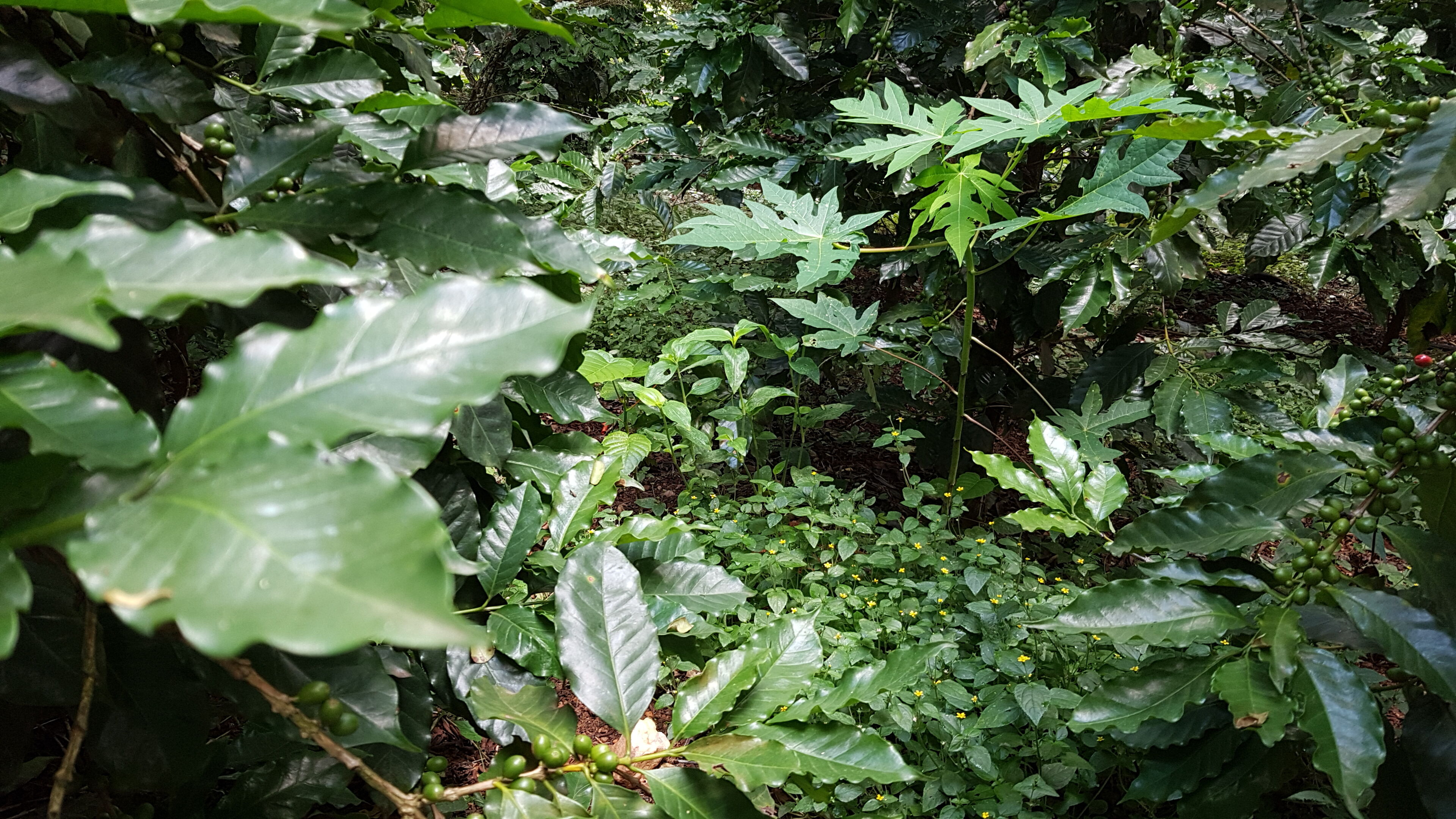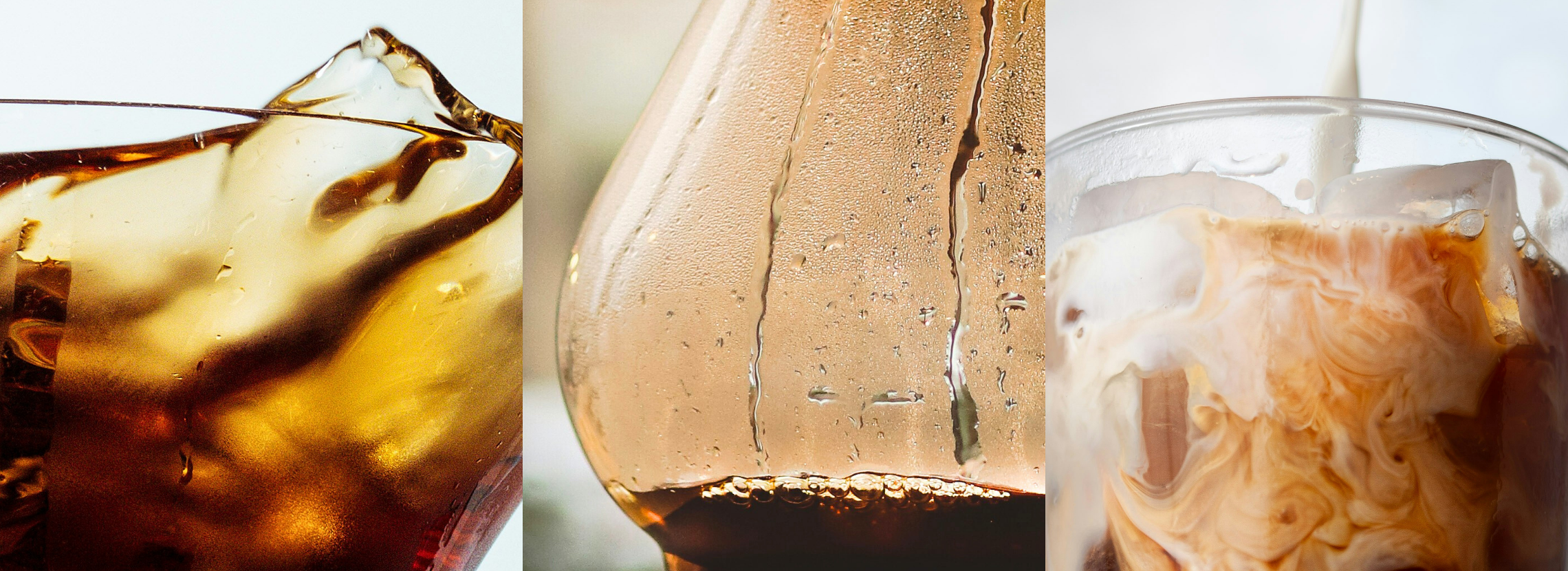At this moment
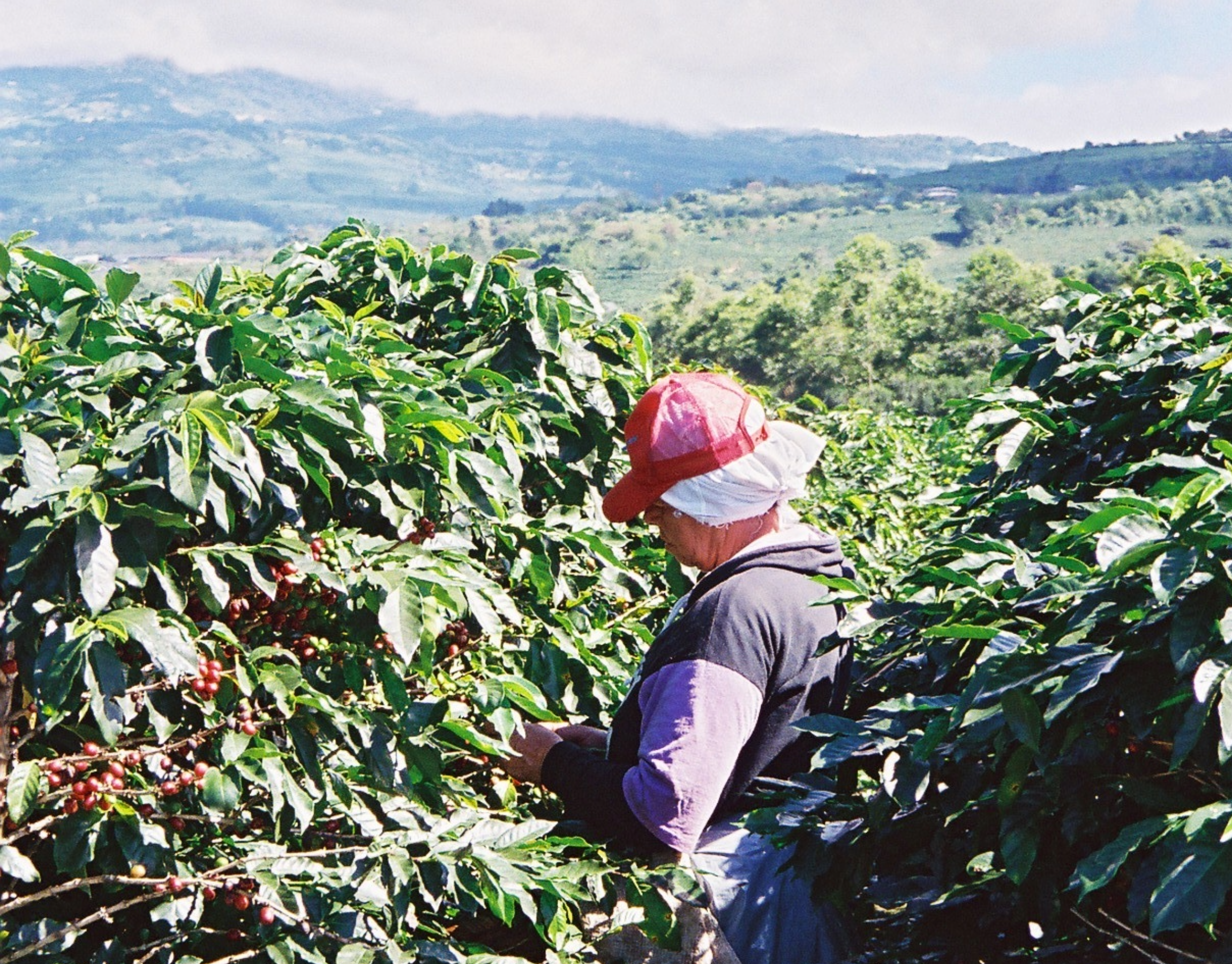
Traceable, available and delicious
Focus on Tico, a coffee that we source each year to ensure you have a consistent range, ideal for your espressos!
Discover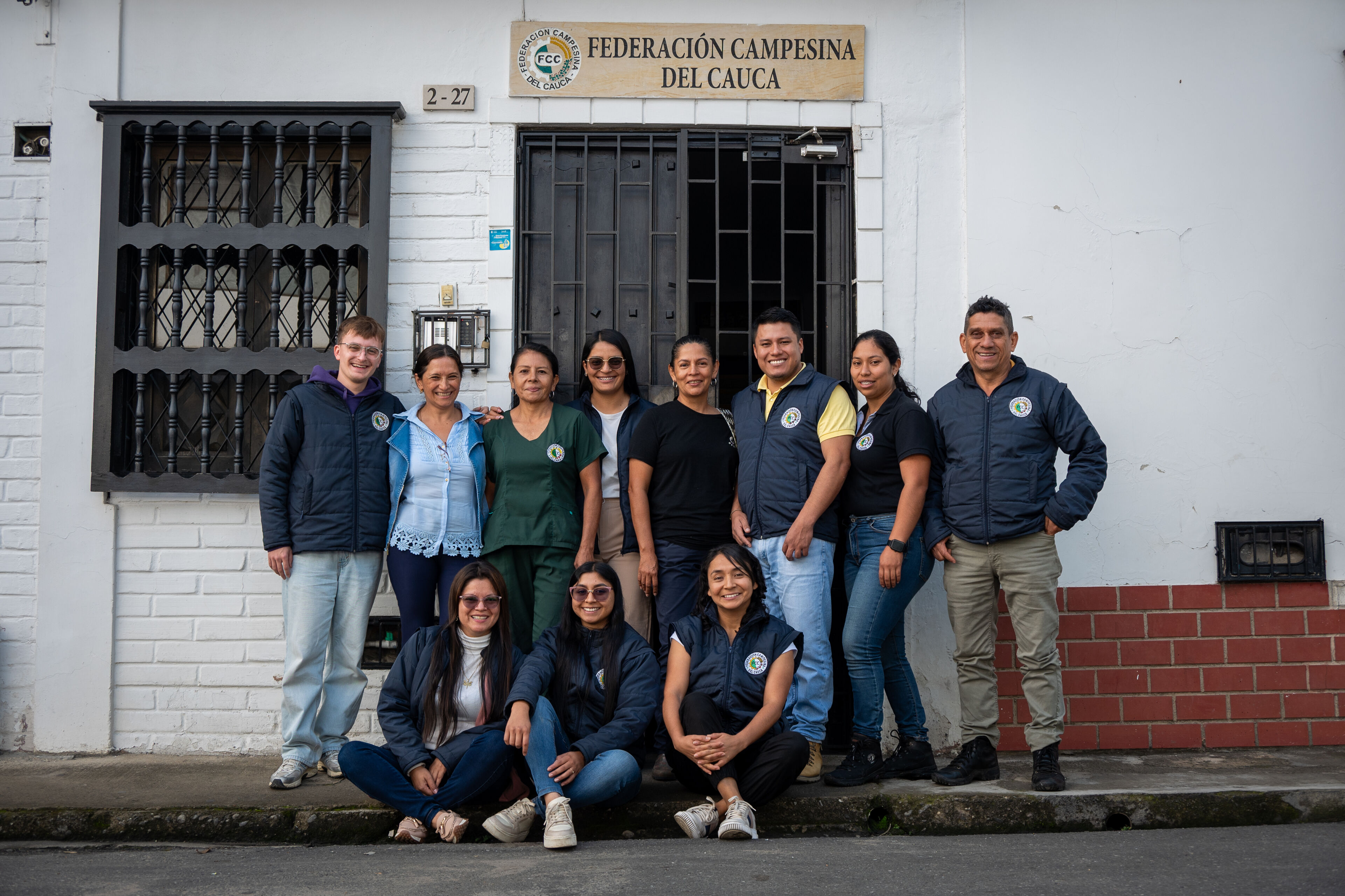
La Tierra Prometida, a symbol of peace
This coffee is cultivated with dedication by producers living in a region marked by violence and armed conflicts, making it a symbol of peace and prosperity for the community.
Discover
A gem of a blend from Colombia, transported by sail
A mix of a fully washed coffee from Cauca, an anaerobic natural from Tolima, and a washed Pink Bourbon from Huila = a true gem blend!
DiscoverCoffees by origin
Freshly-sailed coffees from Central America
First sailing voyage from Guatemala! Our Central American coffees have finally arrived in France, carried by Anemos and the dedication of our teams. This first-ever sailboat export from Guatemala was met with passion and pride, made possible thanks to the support of our colleagues in Colombia.
Spot price
€/kg
Spot price
€/kg
Spot price
€/kg
Spot price
€/kg
Spot price
€/kg
Spot price
€/kg
Spot price
€/kg

